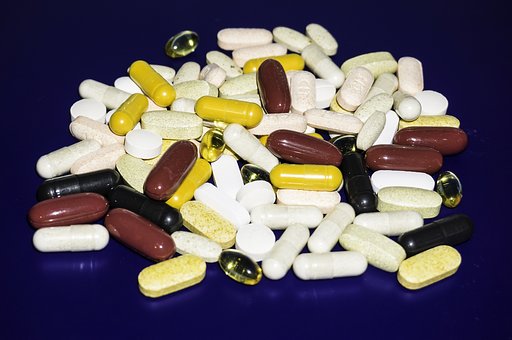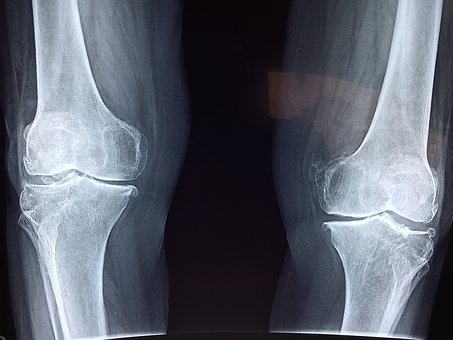Glucosamine Successfully Manages Arthritis
Glucosamine is considered to be a potent supplement in the management of arthritis. This article provides information about the health benefits of glucosamine, side effects of glucosamine and precautionary measures when consuming the supplement.
Confer with your Doctor and Start Glucosamine Supplements

Our body manufactures glucosamine naturally; and the compound plays a key role in the building of the cartilage which cushions the joints. Countless studies and clinical trials allege that glucosamine is unquestionably effective in the successful management of arthritis. However, there are certain side effects that are associated with the regular consumption of the supplement and certain precautions need to be followed.
What is Glucosamine?
Glucosamine is synthesized by our body and has an important part to play in building cartilage of the joints. On the flip side, there are no major food sources of glucosamine; and consequently, supplementing the diet becomes important.
A majority of glucosamine supplements are made from chitin, (tough, outer shell of crabs, lobsters and shrimps). There are also other forms of glucosamine for people who are allergic to shellfish.
The supplement is obtainable as glucosamine hydrochloride, glucosamine sulfate, and n-acetyl glucosamine. These are often in combination with manganese and chondroitin.
Glucosamine Supplements are Made from the Outer Shell of Crabs, Lobsters and Shrimp



How does Glucosamine Work?
Glucosamine re-establishes the normal working of an OA afflicted joint, here's how:
- Glucosamine promises to prevent a further aggravation and wearing away of the cartilage, which plays a crucial role in ensuring smooth movement of the joint and also retains its structure.
- Glucosamine helps decrease swelling, inflammation, stiffness and pain that is associated with arthritis.
- Glucosamine is beneficial in improving the range of movement noticeably too.
The greatest advantage of glucosamine is that it does not have any damaging side effects and toxicity that is associated with non steroidal anti-inflammatory drugs (NSAIDs).
The Supplement Reduces Inflammation, Stiffness and Pain in the Afflicted Joint

Associated Side Effects
On the whole, glucosamine is fairly safe. Nonetheless, it is always practical to discuss with your health care provider before embarking upon glucosamine supplementation. Furthermore, look out for the following side effects that have been frequently seen in people taking glucosamine on a regular basis.
Some of the recorded side effects of glucosamine include:
- Habitually, glucosamine is manufactured from shellfish; thus it is important that you do verify with your health care provider before you begin the supplementation. In case you have shellfish allergy, you may develop severe allergy symptoms, and even anaphylactic shock.
- Glucosamine causes fluctuations in insulin levels, especially, in diabetics.
- Pregnant women must not take glucosamine. There is no adequate and satisfactory long-term research which guarantees that glucosamine is safe for the fetus.
- High dosages can cause GI disturbances like: heart burn, acidity, water brash, indigestion, diarrhea or constipation, and frequent stomach upsets.
- Hair loss is a common side effect of prolonged usage of glucosamine.
Precautionary Measures While Taking Glucosamine
Glucosamine causes unfavorable effects and interactions with other medications and drugs, thus, it should be administered only under the guidance of an expert health care professional. Here are some precautionary measures that need to be followed when consuming glucosamine supplements:
- If you have peptic ulcers, glucosamine must be taken with food always.
- Large amounts of sodium or potassium may be found in glucosamine sulfate. For this reason, those on potassium sparing diuretics must vigilantly examine the label before taking the supplement.
- Diabetics need to check blood sugar levels regularly, given that; glucosamine is known to cause insulin to work less effectively.








